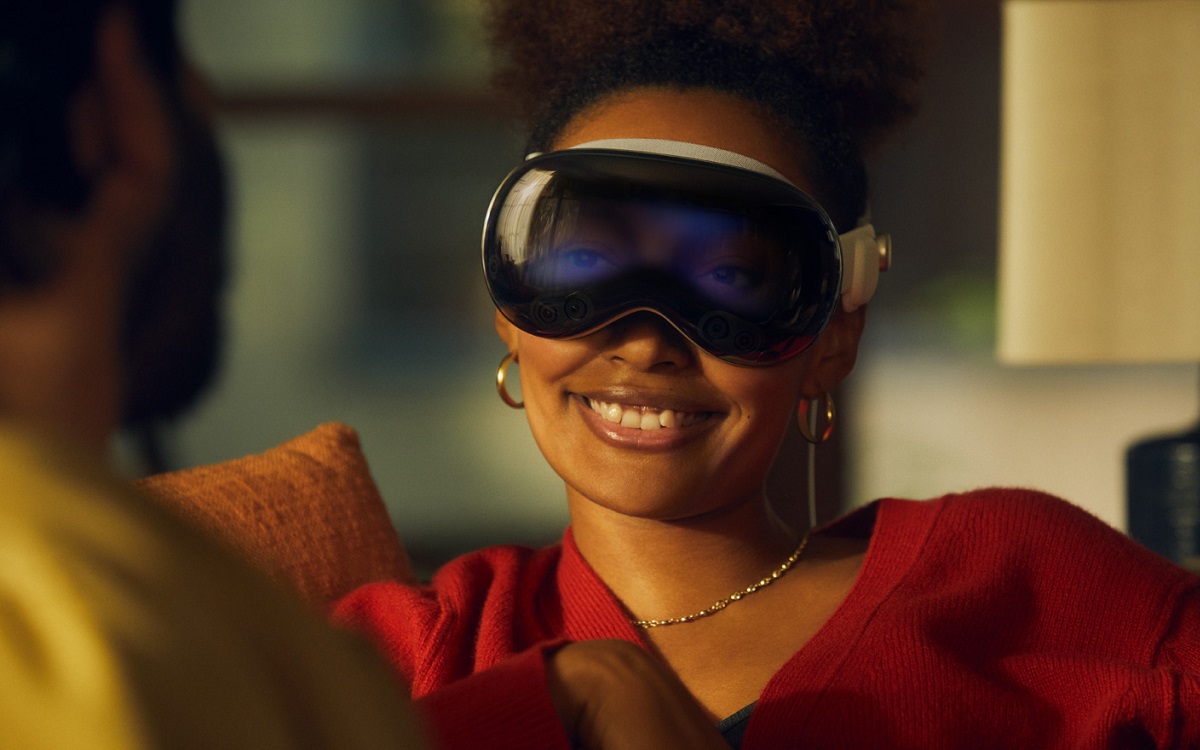Is this the end of wires? Apple, Meta and Google win access to super-fast 6GHz Wi-Fi
Apple, Meta, Google and 6GHz Wi-Fi become the four horsemen of the wire apocalypse

Apple, Meta and Google have been granted access by the FCC to use the super-fast 6GHz wireless band for Wi-Fi tethering – and this could signal the beginning of the end for many wires.
As The Verge reports, this move follows years of lobbying by the tech giants – and it’s important to note that the FCC has only granted access for very low power (VLP) uses. This means the signals won’t go far, making sure they don’t interfere with other 6GHz devices, though higher power uses can be allowed as long as there are protections in place to avoid interference.
So, what this move means is that these fast 6GHz connections could be used to replace wires for devices such as virtual reality (or augmented reality) headsets, like the upcoming Apple Vision Pro, or for in-car use, such as hooking up your iPhone via CarPlay.

Bye-bye wires?
With faster, more reliable, wireless connections, this could mean we can finally drop some of the most annoying wires in our lives.
For Apple and Meta, who are both working on VR/AR headsets, the use of 6GHz could really open up the possibilities of these devices, where you’re able to stray further from the device (such as a smartphone or laptop) that’s powering it.
It's an exciting prospect, and we could one day see the end of short cables for tethering. That may not happen just yet, however, as only modern, and usually more expensive, products support 6GHz Wi-Fi. For example, only this year’s MacBook Pros support it, as does the iPhone 15 Pro.
Got an older, or less expensive device, like the iPhone 15 or the MacBook Air (15-inch, 2023)? I’m afraid you’re out of luck.
Get daily insight, inspiration and deals in your inbox
Sign up for breaking news, reviews, opinion, top tech deals, and more.
Still, it’s certainly cool to see each step wireless technology makes, so maybe the end of cables really is nigh.
You might also like

Matt is TechRadar's Managing Editor for Core Tech, looking after computing and mobile technology. Having written for a number of publications such as PC Plus, PC Format, T3 and Linux Format, there's no aspect of technology that Matt isn't passionate about, especially computing and PC gaming. He’s personally reviewed and used most of the laptops in our best laptops guide - and since joining TechRadar in 2014, he's reviewed over 250 laptops and computing accessories personally.